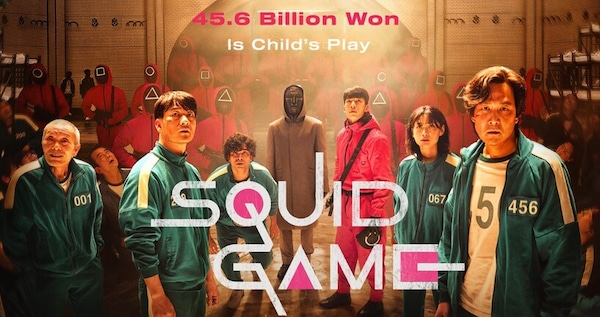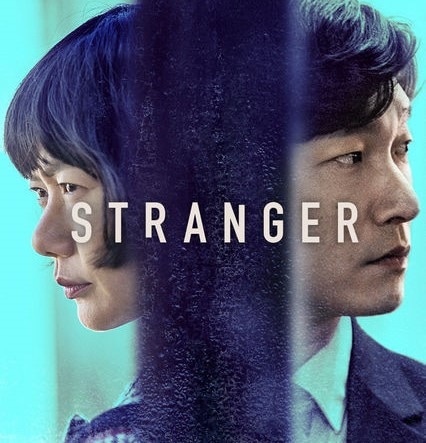Wondered how English titles for K-dramas are picked? We did too! This is what we found out
We dug deep to find out how the names of some popular K-dramas, like Hometown Cha-Cha-Cha, Crash Landing On You, Itaewon Class, Dr. Romantic, and, of course, Squid Game, were picked

Last Updated: 06.47 PM, Aug 26, 2023
South Korean dramas and rom-coms have become all the rage across the world. They have a large fan following that transcends boundaries, races, and languages, and are much loved for their characters and the way the character arcs develop.
It is not uncommon for K-drama enthusiasts to feel a kind of void once a drama comes to an end, which is generally after around 16 episodes.
There are a lot of things that make Korean series unique, and one of them is their titles. The English titles for many of the shows appear to be quite unique, such as Hometown Cha-Cha-Cha, Crash Landing On You, Itaewon Class, Dr. Romantic, and, of course, Squid Game.
Ever wondered how these titles are picked? It piqued our interest as well, so we dug deep to find out how the names of some popular K-dramas were picked.
How are English titles for Korean shows picked?
It turns out that either the production company or the streaming service (which at times can be one and the same) picks the English titles for South Korean shows. Like with any other series or movie, the title is chosen such that it conveys the essence of the show while appearing to be appealing to non-Korean audiences.
When titles are chosen, they are of two kinds:
- Some of the English titles are direct translations of the Korean titles. A good example of this is the K-drama Itaewon Class
- With some other shows, the title may be completely new and different from the Korean title. An example of this is the show Stranger; the Korean title of the show is Secret Forest
But the focus is always on highlighting a specific aspect of the show and coming up with a catchy and memorable title.
A look at popular K-dramas and their titles
Now that you know how English titles for Korean series are picked, let's take a look at the titles of some popular shows — what they are in Korean and English, and how the English titles were created:

Korean title: Squid Game (오징어 게임)
English title: Squid Game
The English title of this hit thriller series is a direct translation of its Korean title. The title refers to a game that children in Korea play on a squid-shaped court.

Korean title: Secret Forest (비밀의 숲)
English title: Stranger
The two titles of this show are completely different. While the Korean title, 비밀의 숲 (bimirui sup), means a secret forest and is about the unknown elements in forests, the English title aims to evoke a sense of mystery that is present in the story.

Korean title: Start-Up (스타트업)
English title: Start-Up
The makers of Start-Up found no reason to change the title for non-Korean audiences for two reasons: first, the title is an English term, and second, the show is about young people who are aspiring to be entrepreneurs by establishing their own start-up companies.

Korean title: Seaside Village Cha Cha Cha (갯마을 차차차)
English title: Hometown Cha-Cha-Cha
This hit rom-com’s English title is an almost direct translation of its Korean title. ‘Seaside Village’ has been replaced with ‘Hometown’ to make it more relatable to English audiences. While ‘Cha-Cha-Cha’ may seem like a reference to the dance style, it is apparently meant to denote the sound of footsteps (that of the main characters) as they walk around the village.

Korean title: Itaewon Class (이태원 클라쓰)
English title: Itaewon Class
Since the show, which focuses on ambition and overcoming adversity, is based on the popular webtoon of the same name, the English title required no tweaking from the original Korean one.

Korean title: Romantic Doctor, Teacher Kim (낭만닥터 김사부)
English title: Dr. Romantic
Instead of focusing on both main characters in the show, the English title places emphasis on one of the main characters. The word ‘romantic’ is used to describe his compassionate side.
